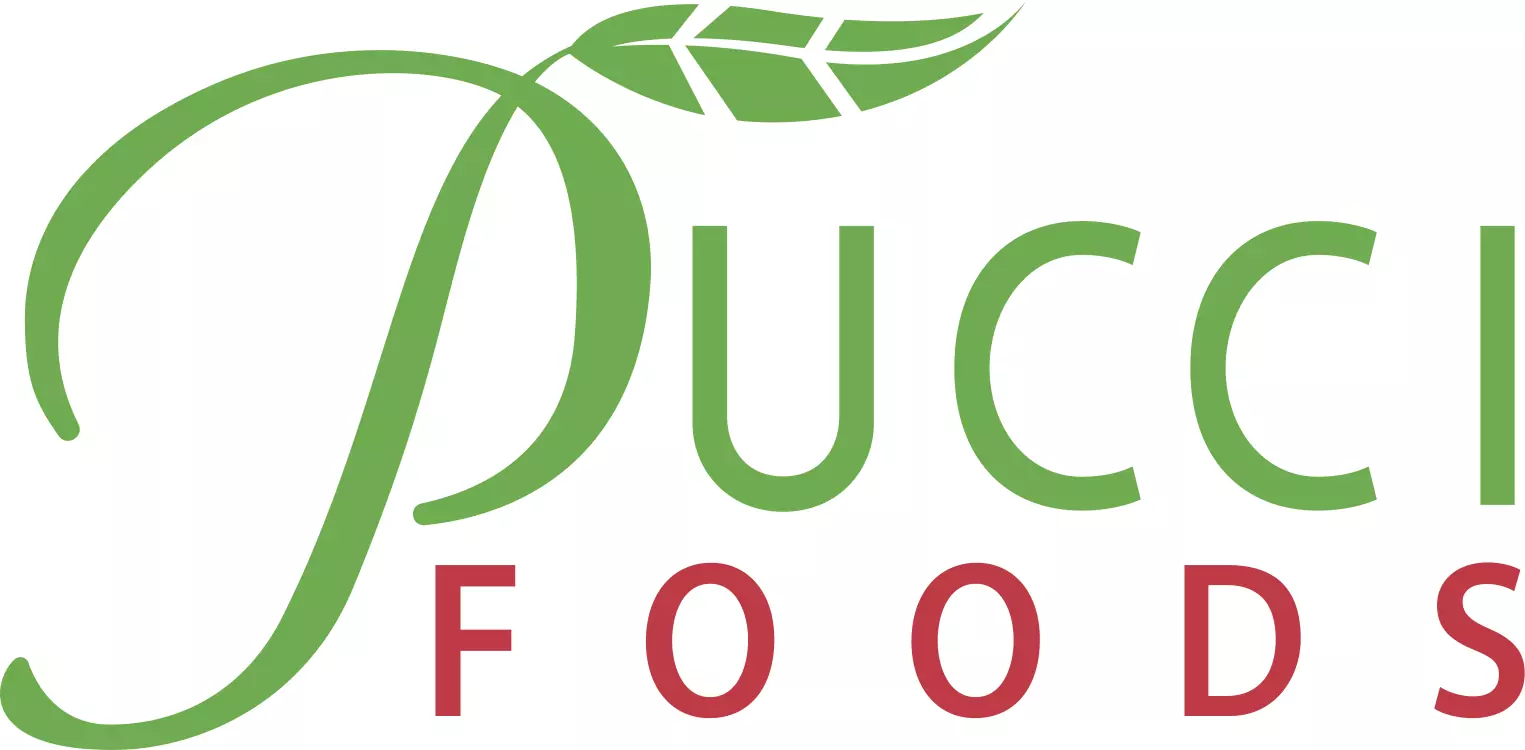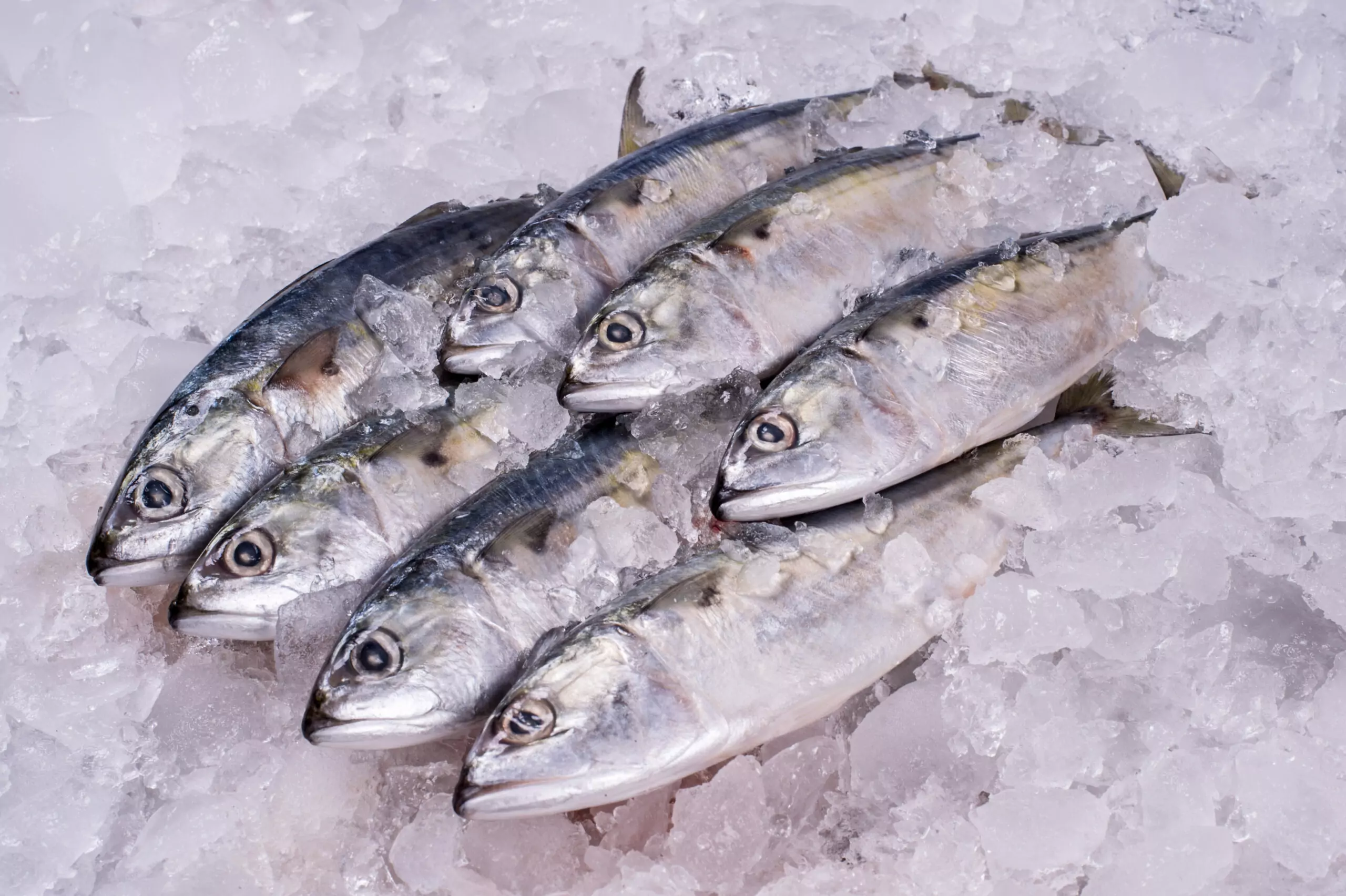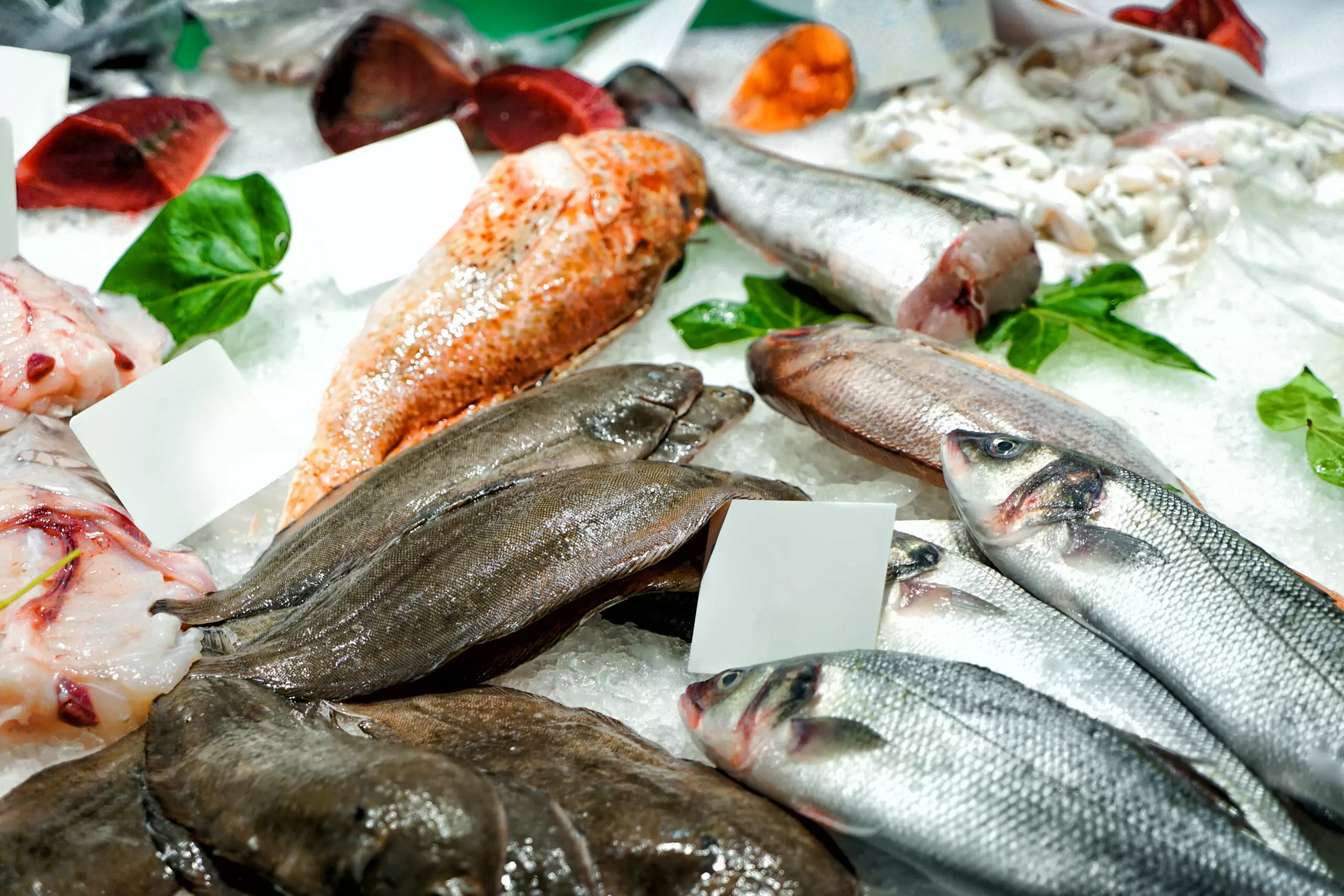The seafood market in the United States is dominated by international products, which means it is sometimes very difficult to determine where our seafood items came from and exactly how they were caught. Our increasingly eco-conscious society is on a growing quest to increase the traceability of our food and seafood should be at the top of our list.

Photo credit: Flickr user Dennis Jarvis.
Many businesses and consumers are willing to pay more money for local fish from small-scale fisheries, even if those same fish can be found at the supermarket for a lower price. Seafood consumers enjoy feeling a connection with the fishery and the fishermen and knowing exactly how a fish was caught and where it was caught. “Sustainable” and “local” are labels that we love to see, but too often we can’t find. Nova Scotia and the fisheries of Atlantic Canada have demonstrated that one of the best ways for us to grow our domestic seafood market is by providing buyers with a greater connection to small-scale local fisheries. By utilizing technology and creating online communities to bring their stories and their market to buyers, these small-scale fisheries can support themselves and their families, support the economy of their local communities and increase their sense of ownership over their products and their livelihoods.
The value of small-scale fisheries
“Small-scale” fisheries mean fishermen who own their own boats and their own licenses. Their vessels are smaller and they almost always use gear that has less impact on ocean habitats than larger fishing vessels.
At the moment, many of these small-scale fisheries, no matter where they are located, have to export their catch to other regions and even other countries for a diminished price – simply because they are don’t have strong connections with their local communities. If they could sell their seafood catch to nearby towns and cities while bringing in a better price, everyone would benefit. The fishermen would make more money, the chefs can market a local and sustainable product to their diners, consumers can enjoy guilt-free seafood dishes and the marine environment stays healthy.

Photo credit: Flickr user Barney Moss
In many areas, including Atlantic Canada, commercial fishing fleets dominate the market. They have high volume catches that offer lower prices, making it tough for small-scale fishermen. But this high volume, low value seafood is not traceable – it has no story for the consumer. Our society of growing eco-conscious consumers is beginning to demand that all of their food is sourced with environmentally friendly methods.
The story of our seafood
Consumers love to feel a connection with their food. The key to increasing the value of small-scale fisheries is telling consumers their story. Once people hear this story and understand the vital role that fishermen play in their community and how they supply seafood in environmentally friendly ways, they are much more likely to support them. Businesses and consumers are willing to pay more for seafood they know is healthy for themselves and the ocean. All that small-scale fisheries need is a pathway to enable sharing their products, their stories and innovative projects to the public.
The challenge is being able to provide that pathway. More and more people want seafood that has a story. We desire traceable products that we know for certain were not fished with environmentally damaging methods. Once eco-conscious consumers and chefs recognize this story, they automatically form a bond with the product. Small-scale fisheries are our answer – but there has to be a way to make better connections from the beginning. Since they are so out-competed by the bigger companies and their higher-quality catches are drowned in the sheer quantity of low-value catches, it’s difficult for their products to reach businesses and consumers.

Photo credit: Flickr user Thom Simonson
So what’s the answer to this dilemma? I believe it may be the world wide web. Websites, blogs, and online catalogs all work towards bringing the value of small-scale fisheries right to the buyers. It’s the new-age “face-to-face” way to meet customers and show them just how high quality their products are. Fishermen can share their stories, provide information about their seafood and host a virtual market where buyers can view and purchase items with a click of a button. These online communities are convenient for buyers and sellers alike. These virtual markets are excellent for distributors, but also for fishermen to sell directly to customers.
This way of utilizing technology has greatly benefited the small-scale fisheries of Nova Scotia and provided fishermen with greater profits in a local market, as well as increased ownership of their seafood and greater control over their livelihoods. The Ecology Action Center has initiated a blog titled Small Scales which outlines the issues and success stories of sustainable small-scale fisheries of Atlantic Canada while sharing links to other worthwhile blogs. Off the Hook Community Supported Fishery connects a cooperative of small-scale, groundfish bottom hook and like fishermen from the Bay of Fundy to subscribing customers. Through these online communities, buyers can see the high traceability provided by small-scale fisheries and they are willing to pay more for a high quality seafood product. If these online communities existed for all small-scale fisheries, it would be a huge step towards decreasing dependence on foreign seafood products and bolstering local economies.
It’s important for seafood buyers to recognize the value of small-scale fisheries and help support them. Using online communities is an innovative (and necessary) way to compete with large commercial fishing fleets. It allows small-fisheries to connect with buyers and bring them fresh, local, and sustainable seafood. We hope you will join our online community and purchase your wholesale seafood from Pucci Foods, a Bay Area distributor certified by the Marine Stewardship Council.


